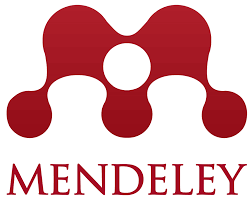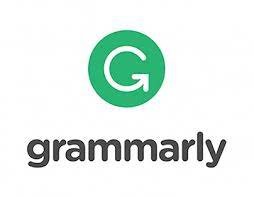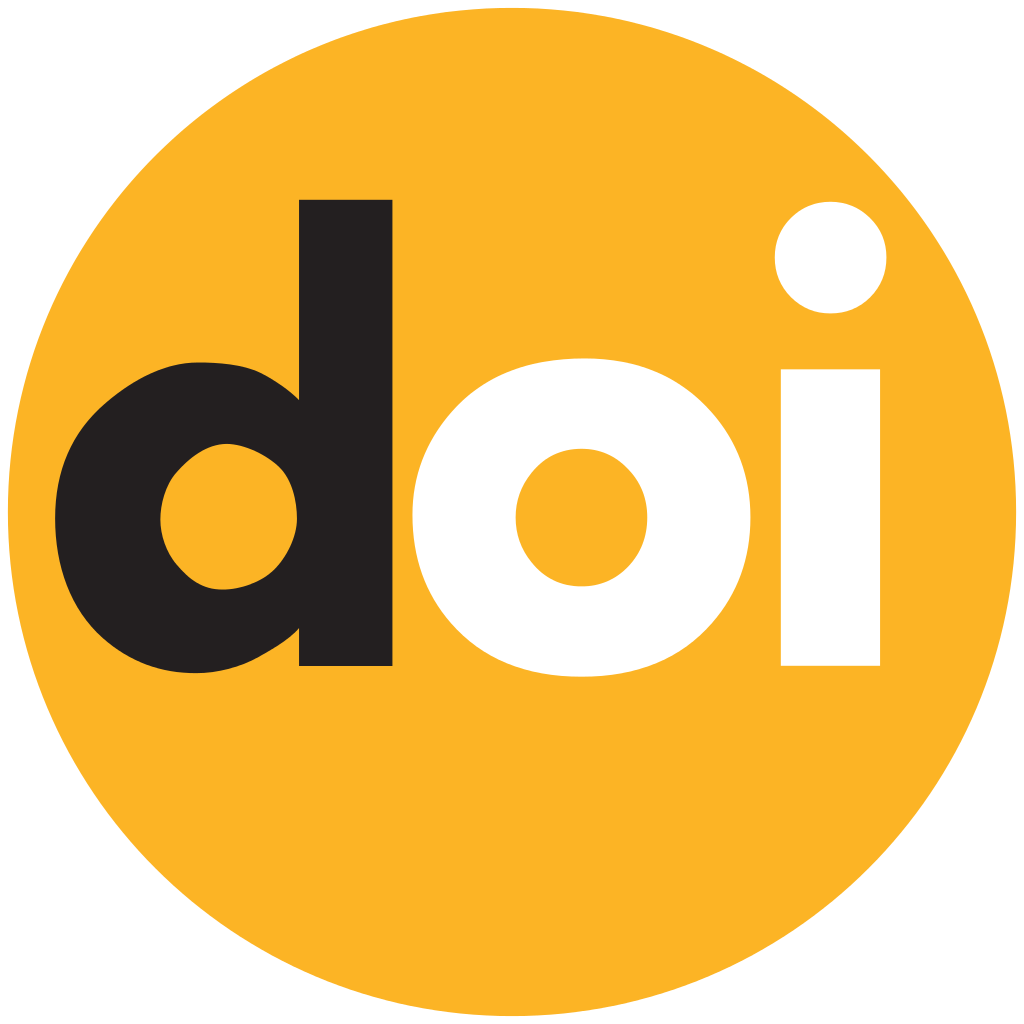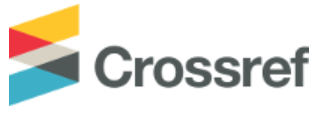Title:
Challenges with Implementing Oral Exams in Post-Secondary Mathematics Courses
Author:
Abstract
In this study, seven mathematics professors and instructors were interviewed to share their thoughts about implementing oral assessment in mathematics courses in Canada and the United States, where oral assessment in mathematics is not part of the educational system. Four out of seven mathematics professors and instructors were educated in Poland, Romania, Bosnia, and Ukraine, and they are currently teaching mathematics at a university in Canada. The other three professors were educated in Canada, Germany, and the United States, and they are currently teaching at a university in Germany. Five participants had previously experienced oral examination in mathematics, while the other two had never been exposed to oral examination in mathematics throughout their schooling. The results showed that implementing oral assessment in mathematics courses at the university level in Canada and the United States might raise some students’ and professors’ concerns.
Keywords
Full Text:
PDFReferences
Boedigheimer, R., Ghrist, M., Peterson, D., & Kallemyn, B. (2015). Individual Oral Exams in Mathematics Courses: 10 Years of Experience at the Air Force Academy. Primus, 25(2), 99-120.
Brown, S., & Knight, P. (1994). Assessing learners in higher education. London: Kogan Page.
De Vita, G., & Case, P. (2003). Rethinking the internationalisation agenda in UK higher education. Journal of further and higher education, 27(4), 383-398.
Forrest, G. M. (1985). Oral examinations. In T. Husen, & T. N. Postlethwaite (Eds.), The International Encyclopedia of Education (pp. 3688-3688). Oxford, England: Pergamon Press.
Gold, B. (1999). Assessment Practices in Undergraduate Mathematics. Washington DC: Mathematical Association of America, pp. 143–145.
Green, T. F. (1971). The activities of teaching.
Henderson, J., Lloyd, P., & Scott, H. (2002). 'In the real world we're all put on the spot at some time or other, so you need to be prepared for it': An exploratory study of an oral method of assessing knowledge of mental health law. Social work education, 21(1), 91-103.
Hounsell, D., Falchikov, N., Hounsell, J., Klampfleitner, M., Huxham, M., Thompson, K., & Blair, S. (2007). Innovative Assessment Across the Disciplines: An Analytical Review of the Literature. York: Higher Education Academy.
Hubbard, M. (1971). Measuring Medical Education. Philadelphia: Lea and Febiger.
Huxham, M., Campbell, F., & Westwood, J. (2012). Oral versus written assessments: a test of student performance and attitudes. Assessment & Evaluation in Higher Education, 37(1), 125-136.
Iannone, P., & Simpson, A. (2011). The summative assessment diet: how we assess in mathematics degrees. Teaching Mathematics and its Applications: An International Journal of the IMA, 30(4), 186-196.
Iannone, P., & Simpson, A. (2012). Oral assessment in mathematics: implementation and outcomes. Teaching Mathematics and Its Applications: An International Journal of the IMA, 31(4), 179-190.
Iannone, P., & Simpson, A. (2015). Students’ views of oral performance assessment in mathematics: straddling the ‘assessment of’ and ‘assessment for’ learning divide. Assessment & Evaluation in Higher Education, 40(7), 971-987.
Joughin, G. (1998). Dimensions of oral assessment. Assessment & Evaluation in Higher Education, 23(4), 367-378.
Joughin, G. (2007). Student conceptions of oral presentations. Studies in Higher Education, 32(3), 323-336.
Joughin, G. (2010). A short guide to oral assessment. Leeds Met Press in association with University of Wollongong.
Lianghuo, F., & Mei, Y. S. (2007). Integrating oral presentation into mathematics teaching and learning: An exploratory study with Singapore secondary students. The Montana Mathematics Enthusiast, Monograph, 3, 81-98.
Nelson, M. A. (2010). Oral assessments: Improving retention, grades, and understanding. PRIMUS, 21(1), 47-61.
Nor, H. N. H. M., & Shahrill, M. (2014, June). Incorporating the use of poster and oral presentations as an alternative assessment in the teaching of secondary mathematics. In Proceedings of the 2nd International Conference on Social Sciences Research (pp. 369-378). ICSSR 2014, WorldConferences. net Kota Kinabalu, Sabah, Malaysia.
Odafe, V. U. (2006). Oral examinations in college mathematics. PRIMUS, 15(3), 243-256.
Videnovic, M. (2017a). Oral vs. written exams: what are we assessing in mathematics? Open Mathematical Education Notes, 7(1), 1-7.
Videnovic, M. (2017b). Evidential vs. non-evidential beliefs in case of oral assessments: A sequel. Open Mathematical Education Notes, 7(2), 43-47.
Videnovic, M., & Liljedahl, P. (2018). Espoused vs. enacted model of mathematics assessment in case of oral and non-oral assessment cultures. Open Mathematical Education Notes, 8(2), 35-46.
Vogt, W. P. (1999). Dictionary of Statistics and Methodology: A Nontechnical Guide for the Social Sciences, London: Sage.
.
DOI: https://doi.org/10.31002/ijome.v3i2.3079
Article Metrics
Abstract view : 0 timesPDF - 0 times
Cited By
Refbacks
Copyright (c) 2020 Indonesian Journal of Mathematics Education

This work is licensed under a Creative Commons Attribution-NonCommercial-ShareAlike 4.0 International License.

This work is licensed under a Creative Commons Attribution-NonCommercial-ShareAlike 4.0 International License.
Indexed by:
ISSN: 2654-3907 (print) | 2654-346X (online)
Jalan Kapten Suparman No.39, Magelang, Jawa Tengah, Indonesia 56116
Phone (0293) 364113 Fax. (0293) 362438
Website : http://jurnal.untidar.ac.id/index.php/ijome








 Abstract views : 0
|
Abstract views : 0
| PDF views : 0
PDF views : 0



